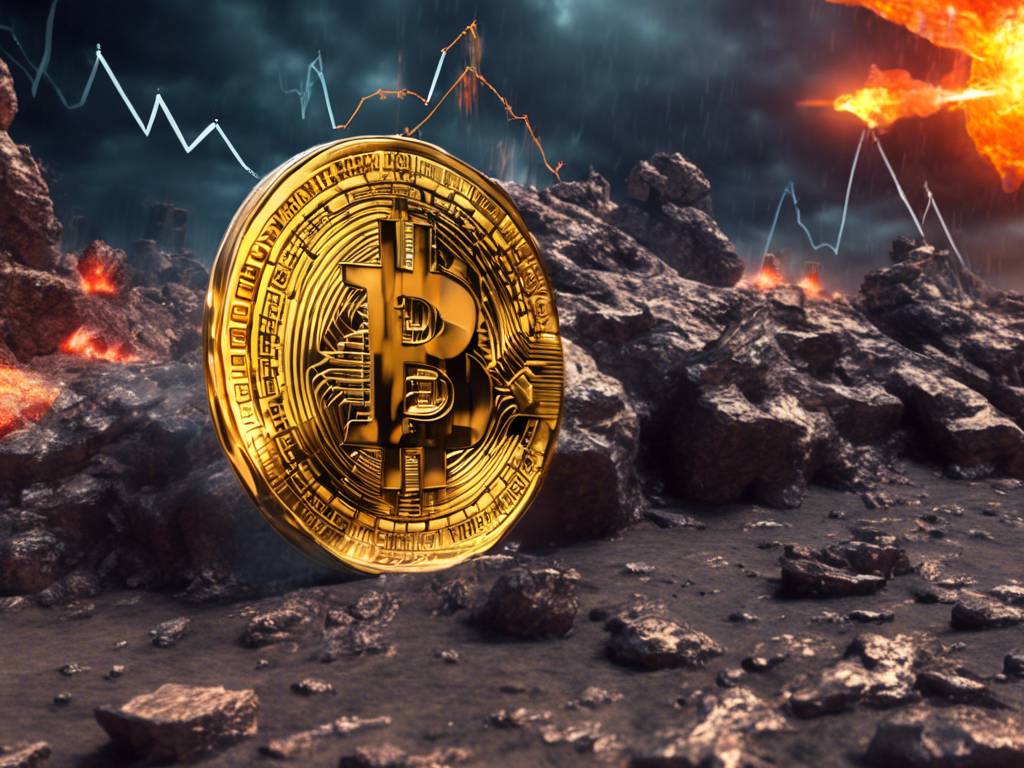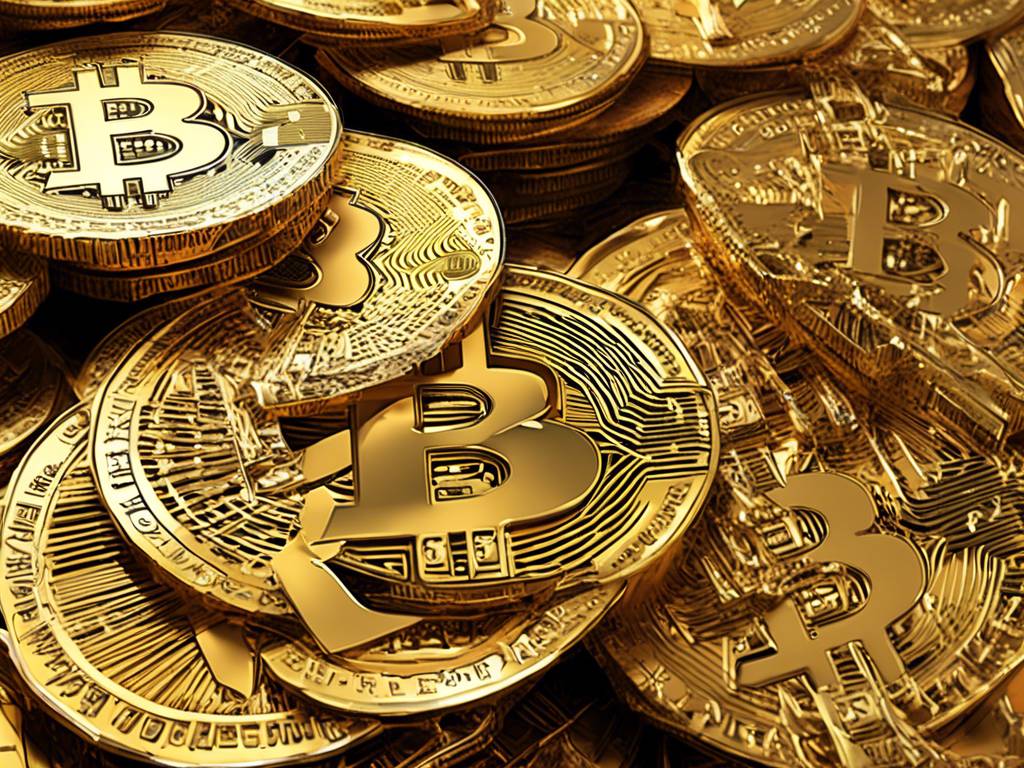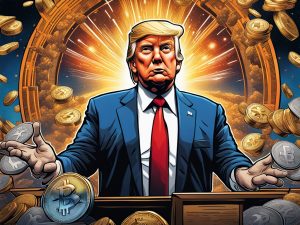The current state of the stock market: A critical analysis
In recent times, concerns and cautionary messages regarding the U.S. stock market and its potential impact on the global economy have been on the rise. Despite the impressive performance of major U.S. stock market indices like the S&P 500 and the Dow Jones Industrial Average, several factors have raised red flags that cannot be ignored. From historical parallels to concentration of gains, the stock market is facing scrutiny from various angles.
Expert’s warning about a possible stock market bubble
Albert Edwards, a global strategist at Société Générale and a predictor of the Dot-com bubble, has raised alarms regarding the stock market’s current state. He attributes the bubble to the Federal Reserve’s lack of restrictive measures and the hype surrounding artificial intelligence (AI) companies. Edwards suggests that the soaring valuations of these companies may not be sustainable, especially considering the lack of substantial earnings growth in the tech sector.
- Global strategist, Albert Edwards, warns of a stock market bubble fueled by AI enthusiasm and lax Fed policies.
- Concerns raised about the sustainability of high valuations in the tech sector, particularly without strong earnings growth.
Persistent recessionary fears amidst strong market performance
While the stock market continues to soar, concerns about an impending crisis linger. JPMorgan, a leading global bank, has estimated a 65% chance of a recession and warned of potential stock market volatility. Renowned investor Robert Kiyosaki has also been vocal about an imminent market crash, advising investors to seek refuge in commodities like gold, silver, and Bitcoin.
- JPMorgan predicts a 65% chance of a recession and warns of potential market downturns.
- Investor Robert Kiyosaki advises investors to hedge against potential market crashes with commodities and Bitcoin.
Debating a possible system-wide crisis
The discussion on a broader system crisis has also gained traction, with economists like Yannis Varoufakis highlighting concerns about unstable profits and the reliance on central bank funds. Varoufakis’ concept of ‘Technofeudalism’ aligns with the consolidation of gains in top companies, reflecting a broader shift in the economy. The digital printing presses of central banks are seen as driving profits more than company performance.
- Economist Yannis Varoufakis warns of instability driven by central bank funds and diminishing company profits.
Escalating concerns about inflation
The growing inflationary pressures have also sparked debates about the role of central bank policies in fueling potential crises. Critics point out that the Fed’s monetary policies could lead to a new inflation crisis, paving the way for economic instability. While some experts like Steve Eisman remain optimistic about the economy, concerns persist about the possible consequences of the Fed’s intervention strategies.
- Critics warn of potential inflation crisis due to Fed’s monetary policies and market interventions.
- Optimism from experts like Steve Eisman contrasts with concerns over Fed’s impact on economic stability.
Hot Take: Navigating the uncertainties of the stock market
In conclusion, the stock market’s current state presents a mix of opportunities and challenges for investors. While the market continues to perform well, cautionary signals from experts and analysts emphasize the importance of staying informed and adopting a diversified investment strategy. As uncertainties loom over the economy, being proactive in risk management and strategic decision-making is crucial to navigate the turbulent waters of the stock market.





 By
By
 By
By
 By
By

 By
By
 By
By